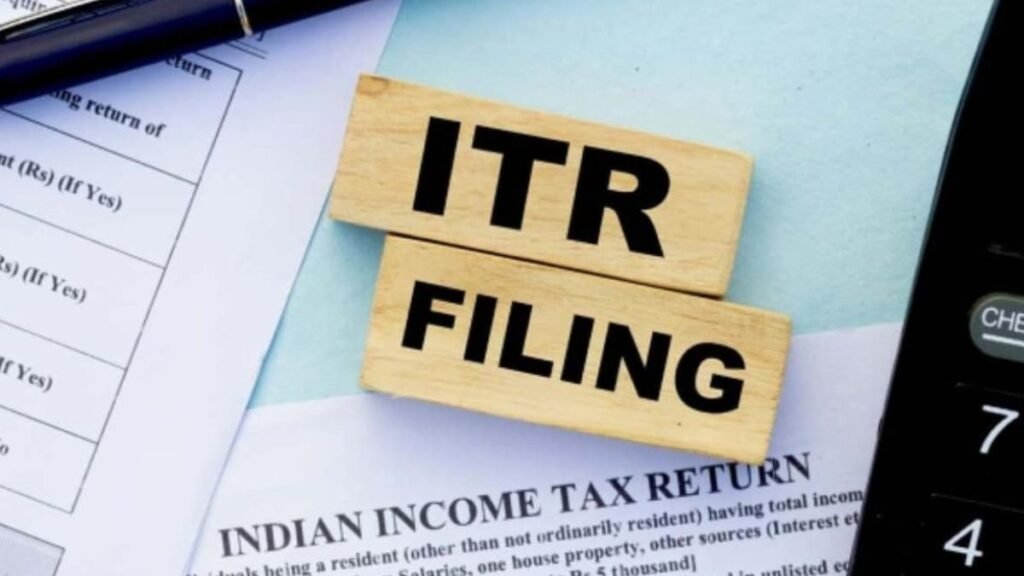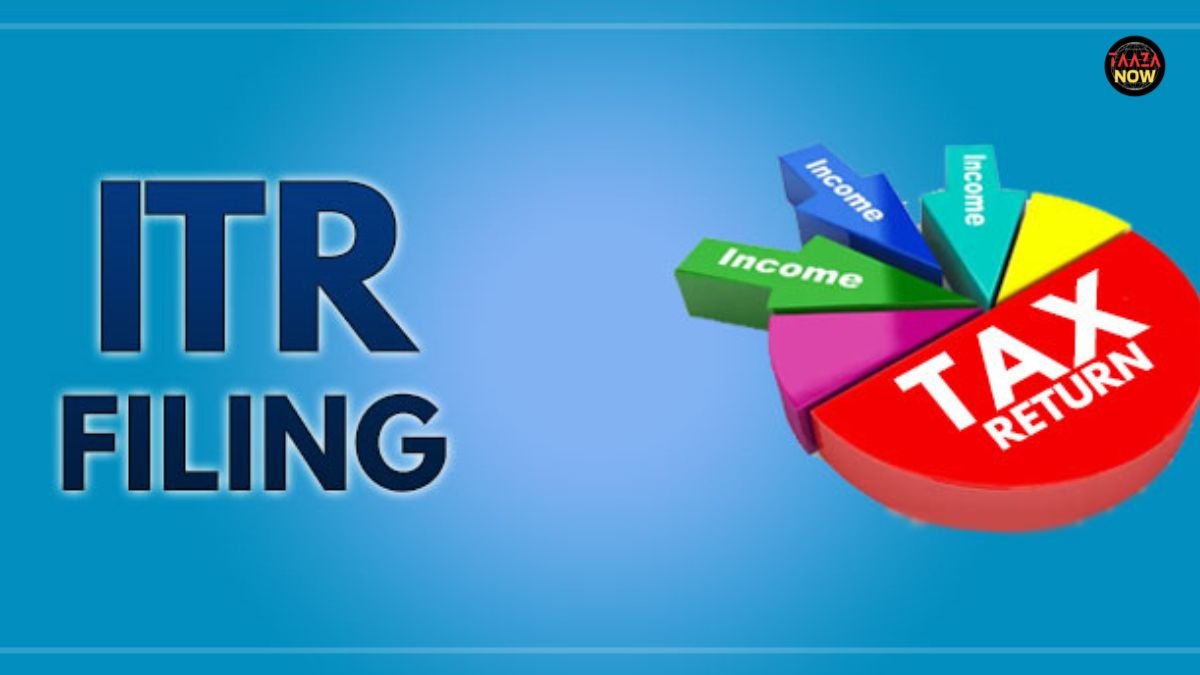Every year, millions of taxpayers in India rush to meet the income tax filing due date extension announcement, hoping for extra time to complete their returns. For the current assessment year 2025–26 (financial year 2024–25), the government had already given taxpayers relief by extending the ITR filing deadline from the usual July 31 to September 15, 2025. However, the Income Tax Department has not indicated any further income tax filing due date extension, leaving many anxious about missing the cut-off.
Failing to file on time doesn’t just mean paying a penalty — it can also result in multiple financial setbacks, including interest on unpaid taxes and even loss of refund interest. Let’s explore in detail what taxpayers need to know about missing the deadline and why the income tax filing due date extension is so important.
Why the Income Tax ITR Filing Due Date Extension Matters

The government occasionally provides an income tax filing due date extension due to technical glitches on the e-filing portal or other administrative reasons. While this extra time benefits taxpayers, relying too heavily on an extension can be risky.
Missing the deadline has serious consequences:
- Penalties under Section 234F
- Additional interest on unpaid taxes under Sections 234A, 234B, and 234C
- Loss of potential refund interest under Section 244A
Clearly, the income tax filing due date extension offers much-needed breathing space, but it should not be taken for granted. Penalties for Missing the Due Date
One of the biggest drawbacks of not filing within the income tax ITR filing due date extension period is the penalty imposed under Section 234F. The penalty structure is designed to encourage timely compliance.
- If your annual income is up to ₹5 lakh, you will pay a penalty of ₹1,000 if you file late but before December 31.
- If your income exceeds ₹5 lakh, the penalty rises to ₹5,000 under the same condition.
- There is no penalty if your income is below the basic exemption limit, but certain situations (like owning foreign assets) may still require you to file an ITR.
This shows that the absence of another income tax filing due date extension could hurt taxpayers who delay filing.
Also Read – Income Tax ITR Due Date Extension: What Taxpayers Must Know Before Filing
Interest on Unpaid Taxes

Besides penalties, late filing beyond the income tax ITR filing due date extension window also attracts interest charges under different sections of the Income Tax Act.
- Section 234A: Applies if you delay filing your ITR while having an outstanding tax liability. Interest is charged at 1% per month from the day after the due date until the filing date.
- Section 234B: If you fail to pay at least 90% of your total tax liability as advance tax, you pay 1% per month from April 1 of the assessment year until the tax is cleared.
- Section 234C: Applies for deferment or shortfall in advance tax installments. You pay 1% per month on the shortfall for the duration applicable.
Fractions of a month are counted as a full month, meaning even a few days’ delay can increase costs. Missing the income tax ITR filing due date extension could thus significantly increase your tax burden.
Loss of Refund Interest
Many taxpayers overlook one crucial benefit of filing on time — refund interest. When you file your ITR early and are due a refund, the government pays you interest on that amount under Section 244A. But filing late, even within the income tax ITR filing due date extension, reduces this benefit.
For example:
- If you are eligible for a ₹50,000 refund and file on time, you may receive interest of ₹2,250 (at 0.5% per month from April to December).
- However, if you file in October, your refund interest may drop to just ₹500, causing a loss of ₹1,750.
This example shows how missing the income tax filing due date extension not only delays your refund but also cuts into the interest you could have earned.
Why Taxpayers Miss the Deadline
Despite reminders, many people still miss the filing deadline or rely too much on an income tax filing due date extension. Common reasons include:
- Procrastination or lack of awareness about the deadline.
- Technical errors while using the e-filing portal.
- Not having the required documents like Form 16, TDS certificates, or investment proofs on time.
- Misunderstanding about eligibility for filing.
Being aware of these pitfalls can help taxpayers file well before the income tax filing due date extension to avoid unnecessary stress.
Expert Advice on Handling Deadlines

Tax experts advise that, instead of waiting for another income tax ITR filing due date extension, taxpayers should:
- Keep documents like salary slips, bank statements, and investment proofs ready early.
- Estimate tax liability in advance and pay self-assessment tax if required.
- File as soon as possible rather than waiting for the last day.
- Use professional help if the return is complex (e.g., involving capital gains, foreign assets, or business income).
By planning, you can file comfortably without worrying about whether the government will announce another income tax ITR filing due date extension.
Taazanow.com- Click Here

